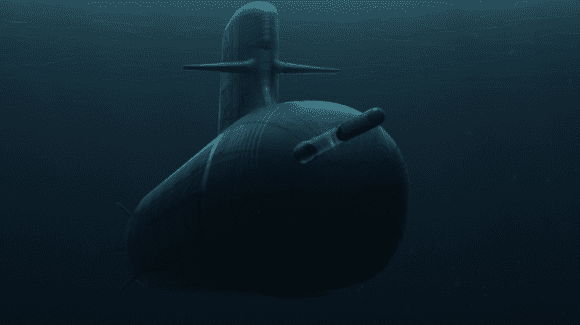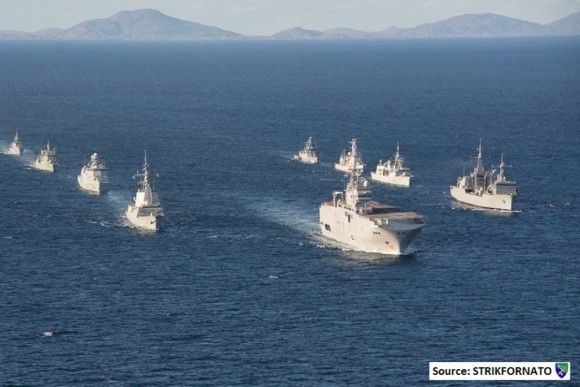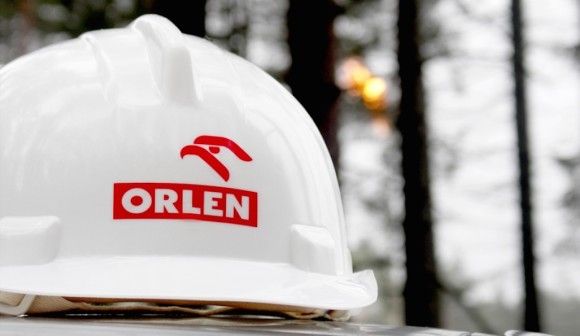Navy
DSEI 2015: Rolls-Royce Unveils The Miecznik Design
Rolls-Royce company has unveiled visualizations and details related to the CDV (Coastal Defence Vessel) corvette design, which is offered for the Polish Navy, as a proposal related to the Miecznik programme. Secondly, the British company has also revealed the patrol ship design which is offered within the scope of the Czapla programme.
Both designs are virtually identical, the only difference is visible in the quantity of the utilized armament. Considering the current requirements of the Polish Navy, Rolls-Royce designers are focused on the corvette, assuming that adapting the ship’s layout to the Czapla-class requirements shall not constitute a problem. Patrol vessels are not going to be fitted with the missile armament, the purpose of which would be to counteract the naval and airborne threats. On the other hand, this type of a ship would have expansive SAR functions, along with the minehunting capability. In both cases, ASW capabilities are provided.
CDV corvette is 99.7 meters long (91.7 meters at the waterline), and its displacement is close to 2467 tonnes. The quantity of the crew-members is estimated as 62 persons, additional 30 specialists may also be accommodated on board, in order to operate the on-board task-equipment or to maintain the helicopter. The ship is capable of executing autonomous operations for 28 days, and there is also an option of replenishing the inventory and resources on the water.
CDV vessels feature the CODLOD propulsion system which allows them to reach speeds that exceed 25 knots. The company is open to proposals, when it comes to the armament, however, currently the proposed vessels are fitted with the Oto Melara Super Rapid 76 mm bow cannon, two MSI DS30 30 mm cannons, two quadruple NSM anti-ship missile launchers, four Sylver A35 vertical launch systems, each housing four VL MICA anti-aircraft missiles, along with two double MU90 torpedo launchers.
The current design assumes that the electronic systems on board are going to include the following devices: Smart-S 3D radar, Thales STIR 1.2 EO Mk2 radar-optronic artillery control system, Thales Mirador observation optronic system, Thales Vigile reconnaissance system, along with the under-keel Thales Kingklip sonar. All of the above-mentioned devices are going to work together, within the framework of the Thales TACTICOS combat management system. Rolls-Royce company, by following these steps, is willing to maintain maximum compatibility with the ORP “Ślązak” patrol vessel which is also equipped with the systems delivered by the Thales company.
Among the solutions that distinguish the CDV ship, one should include the task board (with a stern slip for 11 m long boats, and with a space for the second boat and for a standard combat systems container), landing platform with a hangar for an NH-90-sized helicopter (up to 11 tonnes), passive and active stabilizing system – with a track-proven record on the British vessels – along with a specially designed pear-shaped bow. It is worth to note that despite the fact the vessel is capable of housing an 11 tonnes helicopter and 11 m long boat (or unmanned water-craft), the Rolls-Royce company managed to contain the length of the ship within 100 meters.
CDV ship design has already been examined by the Centrum Techniki Okrętowej [Ship Design and Research Centre] based in Gdansk. As a result, it has gained the top certificates, allowing it to operate within any part of the world, excluding the ice-covered waters.
What’s interesting, due to the wide scope of operations executed by the ship, Rolls-Royce also qualifies the CDV design as a light frigate.



